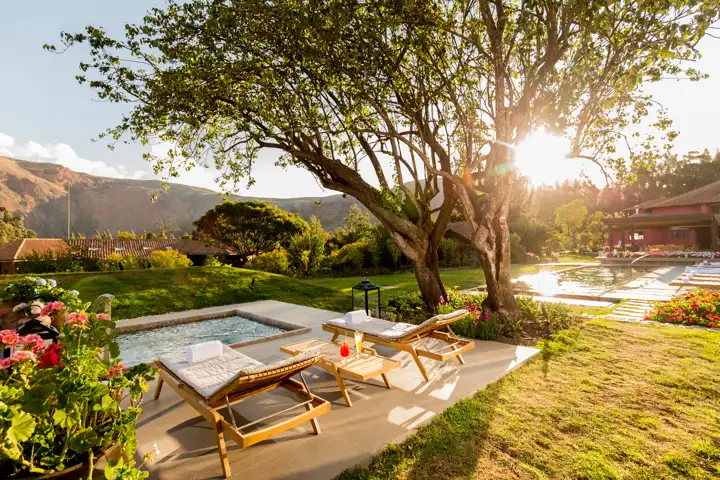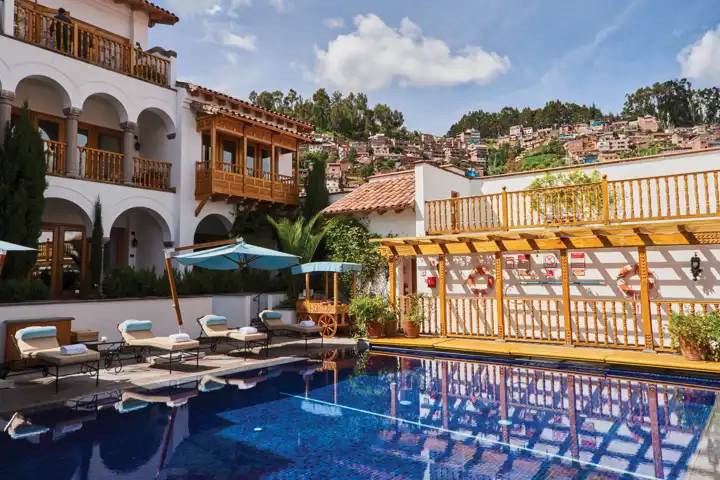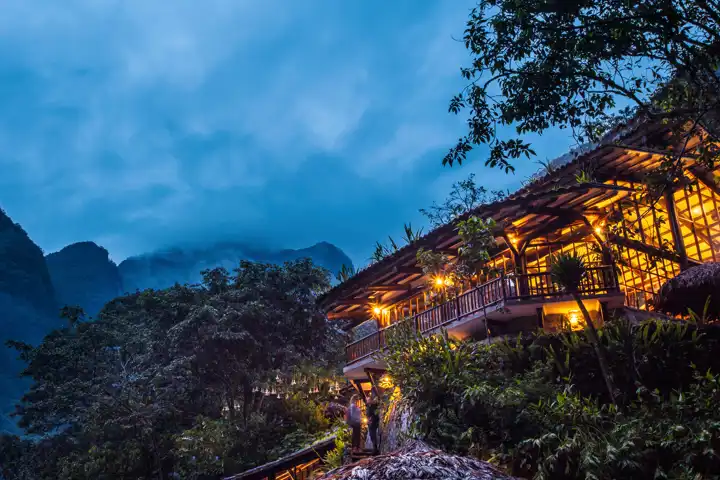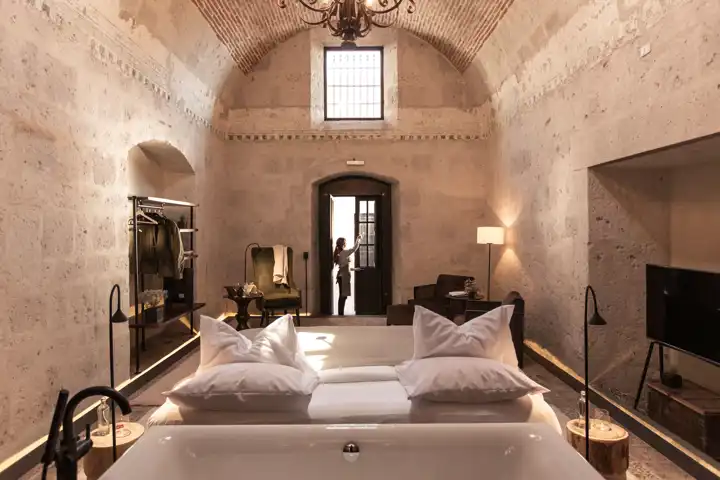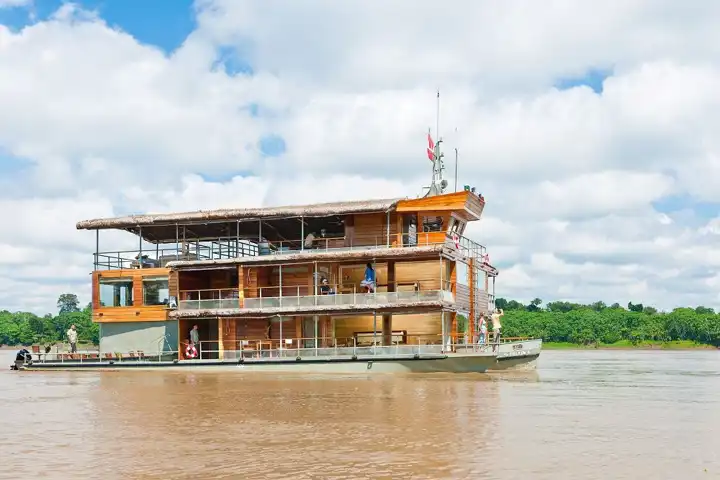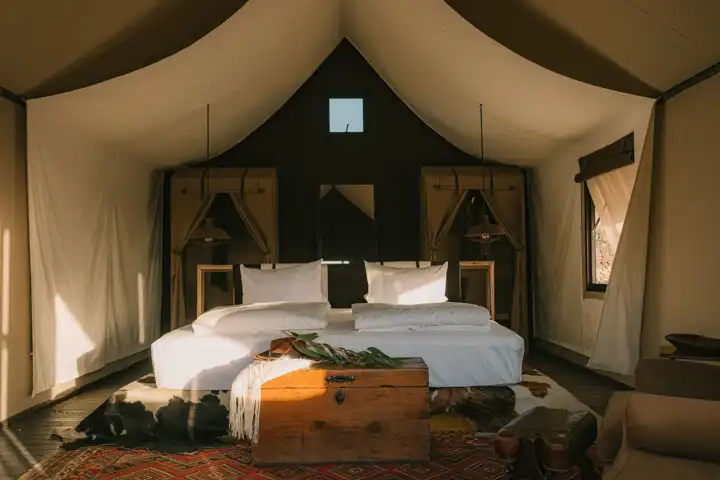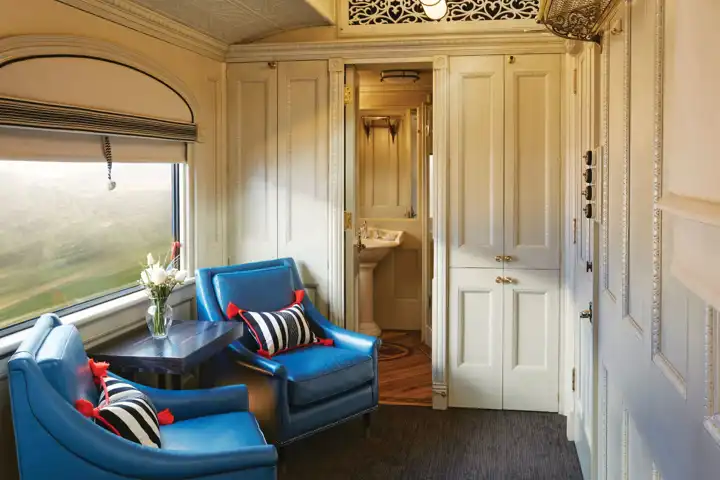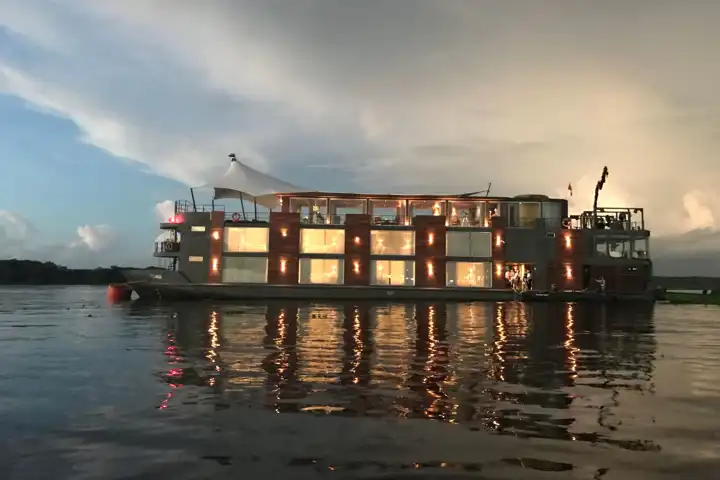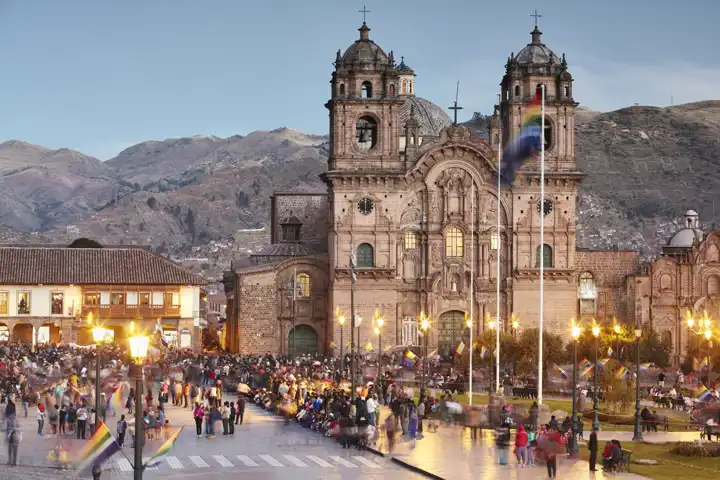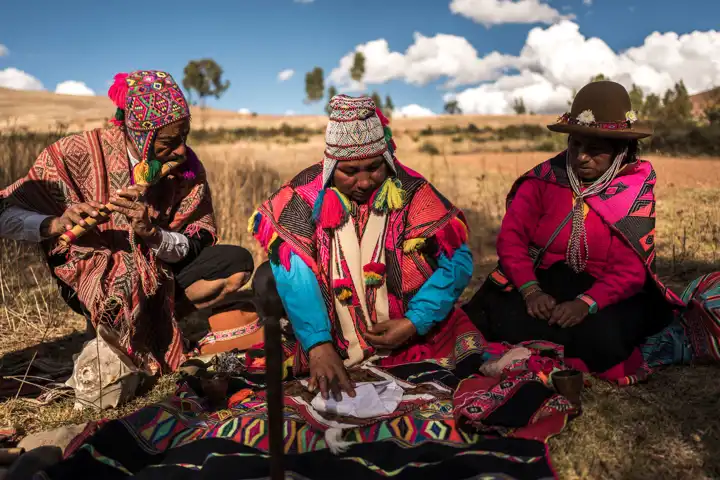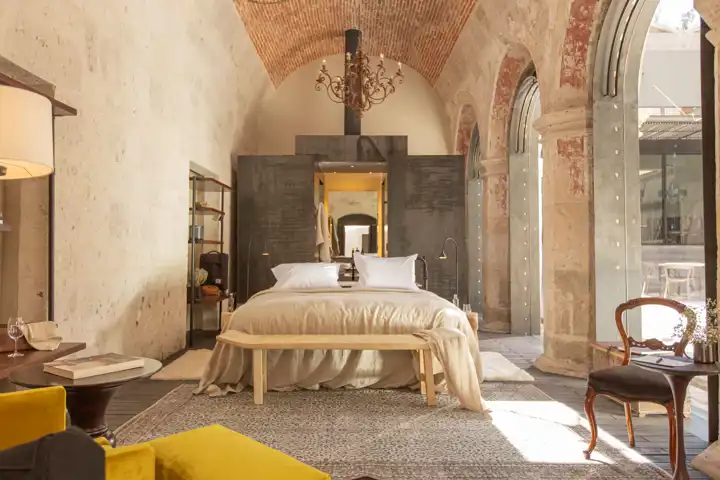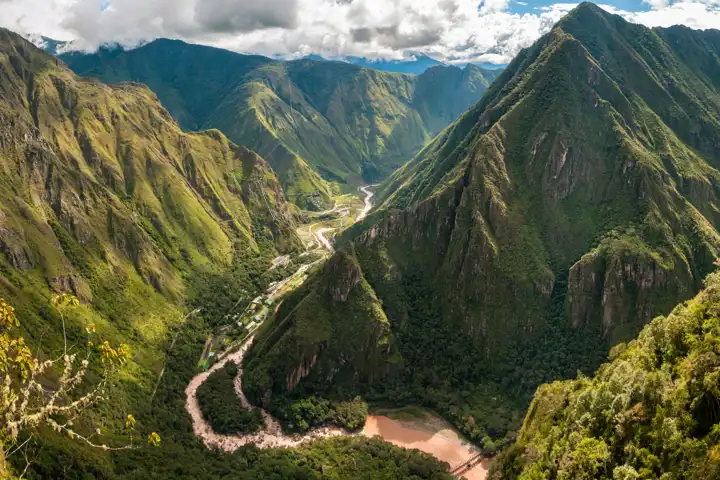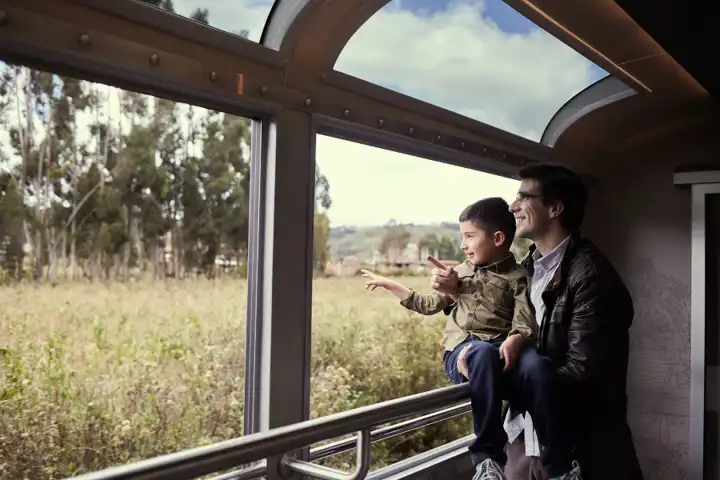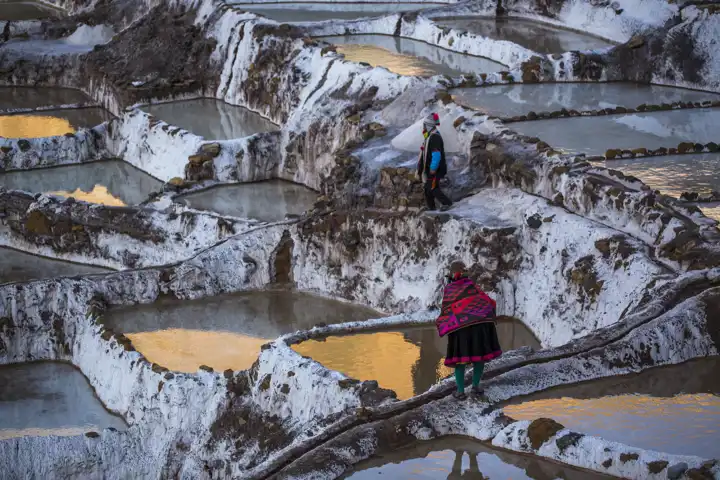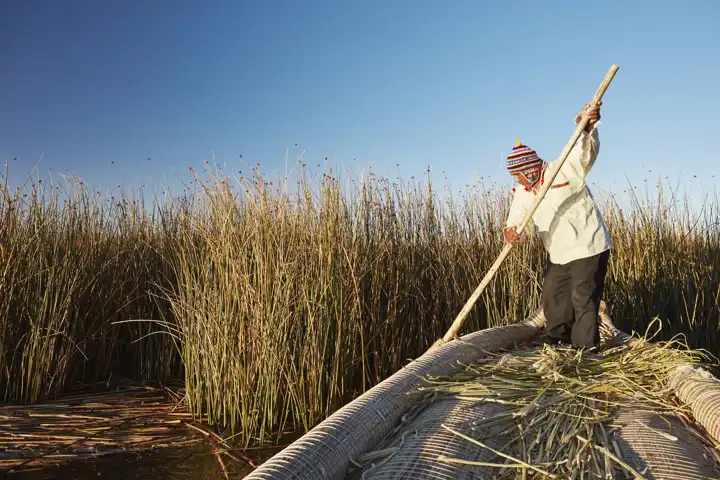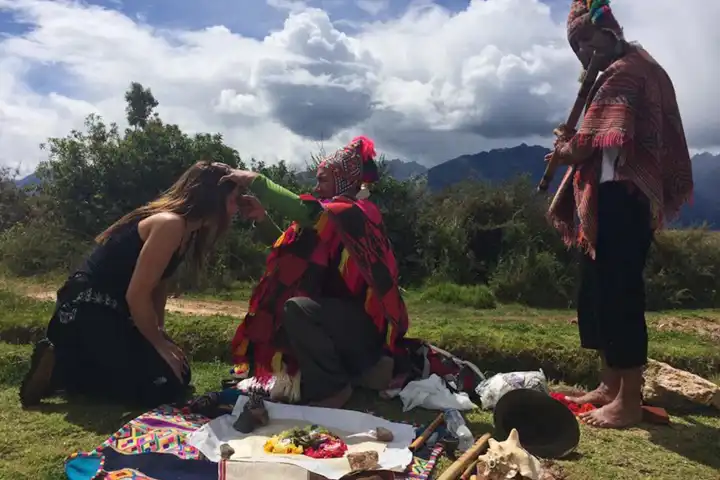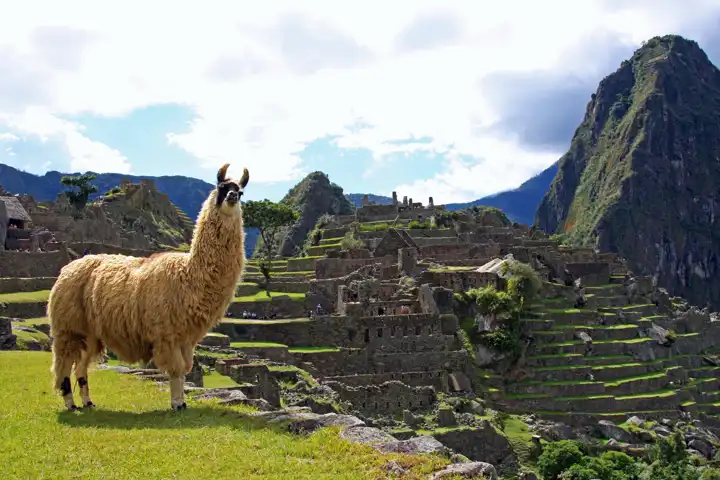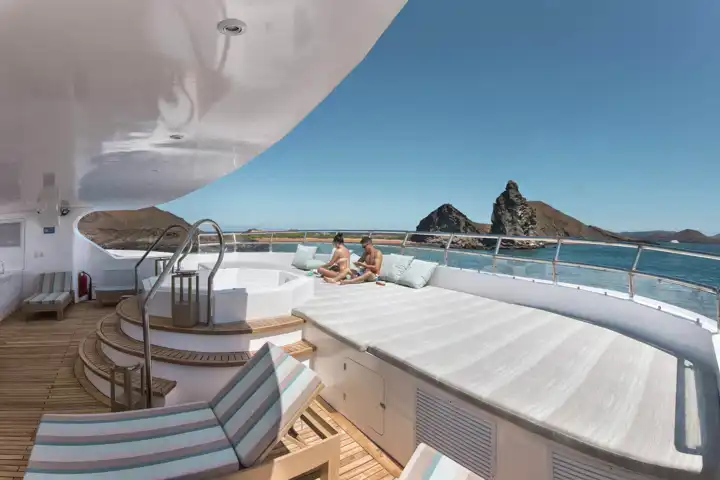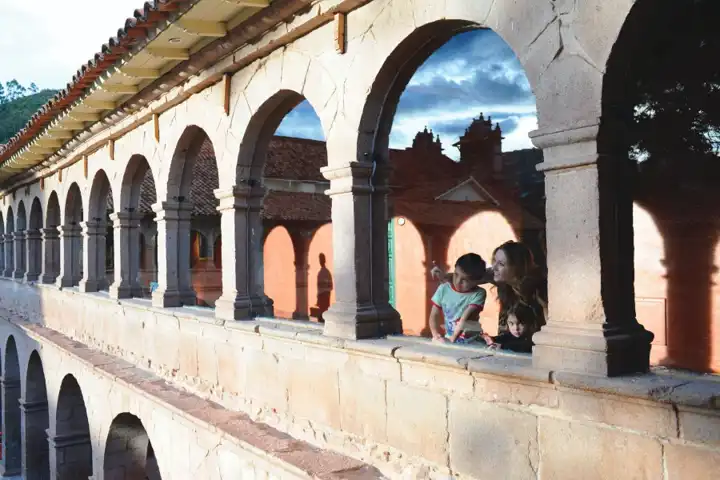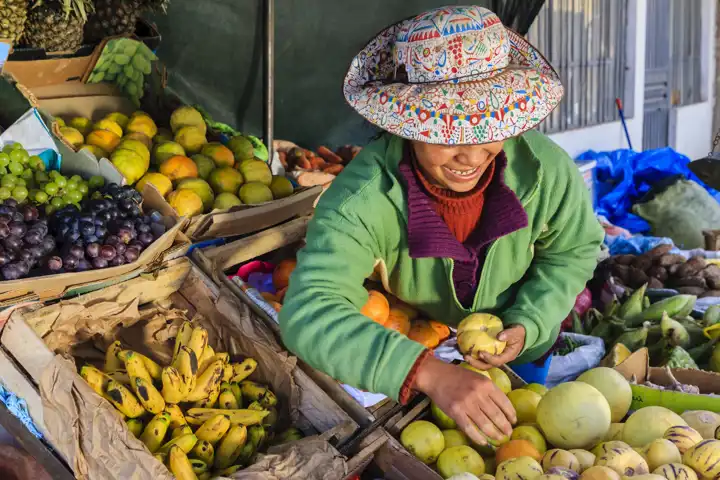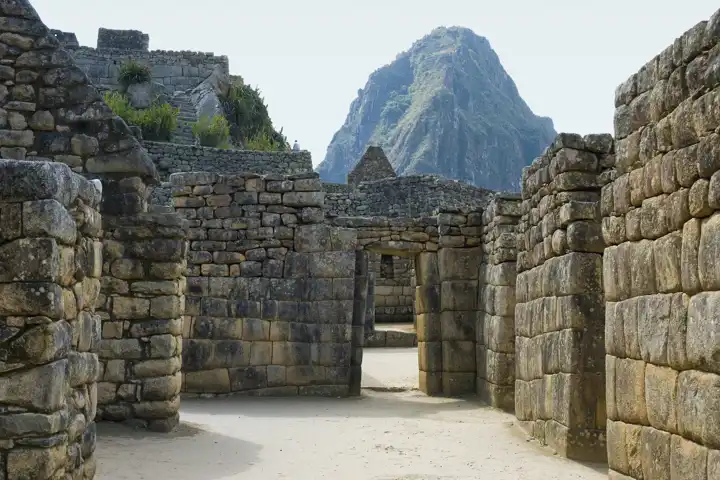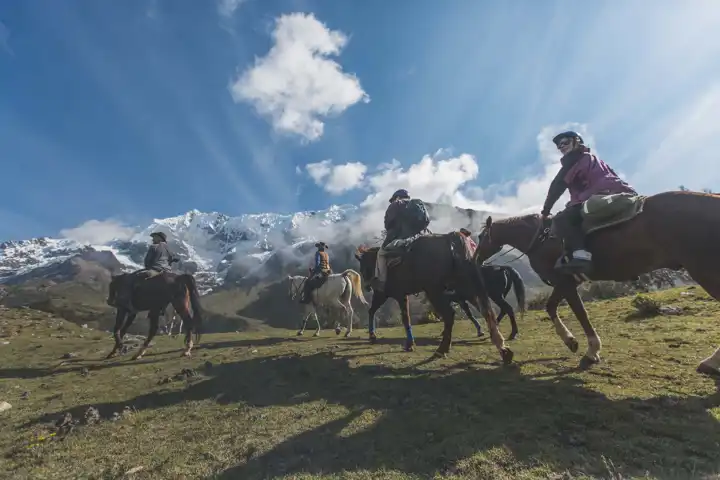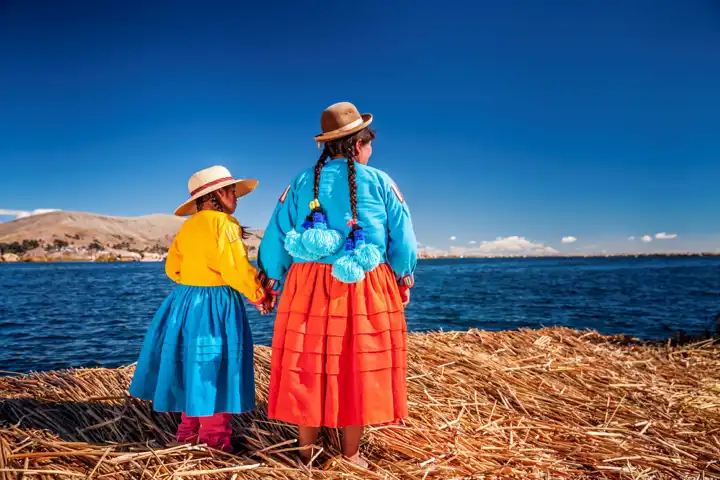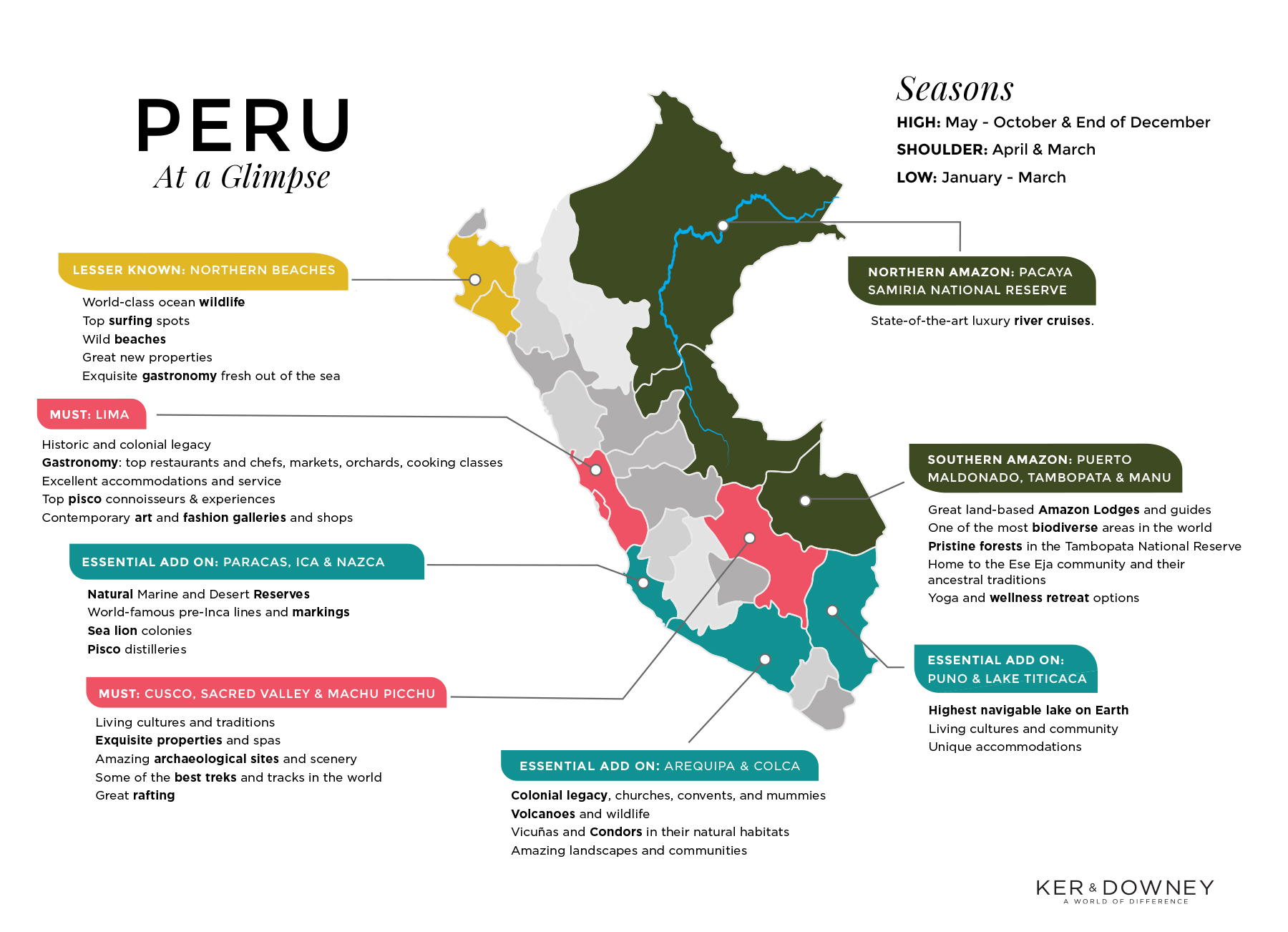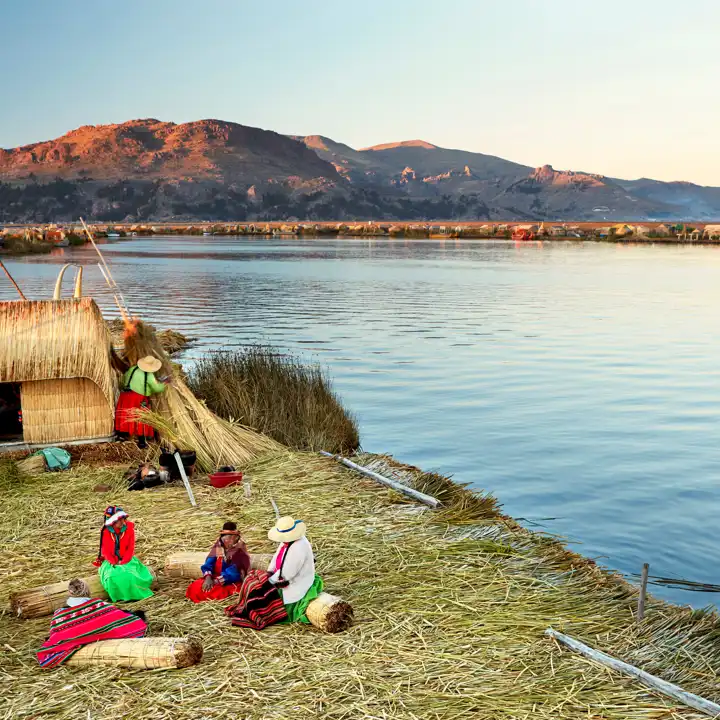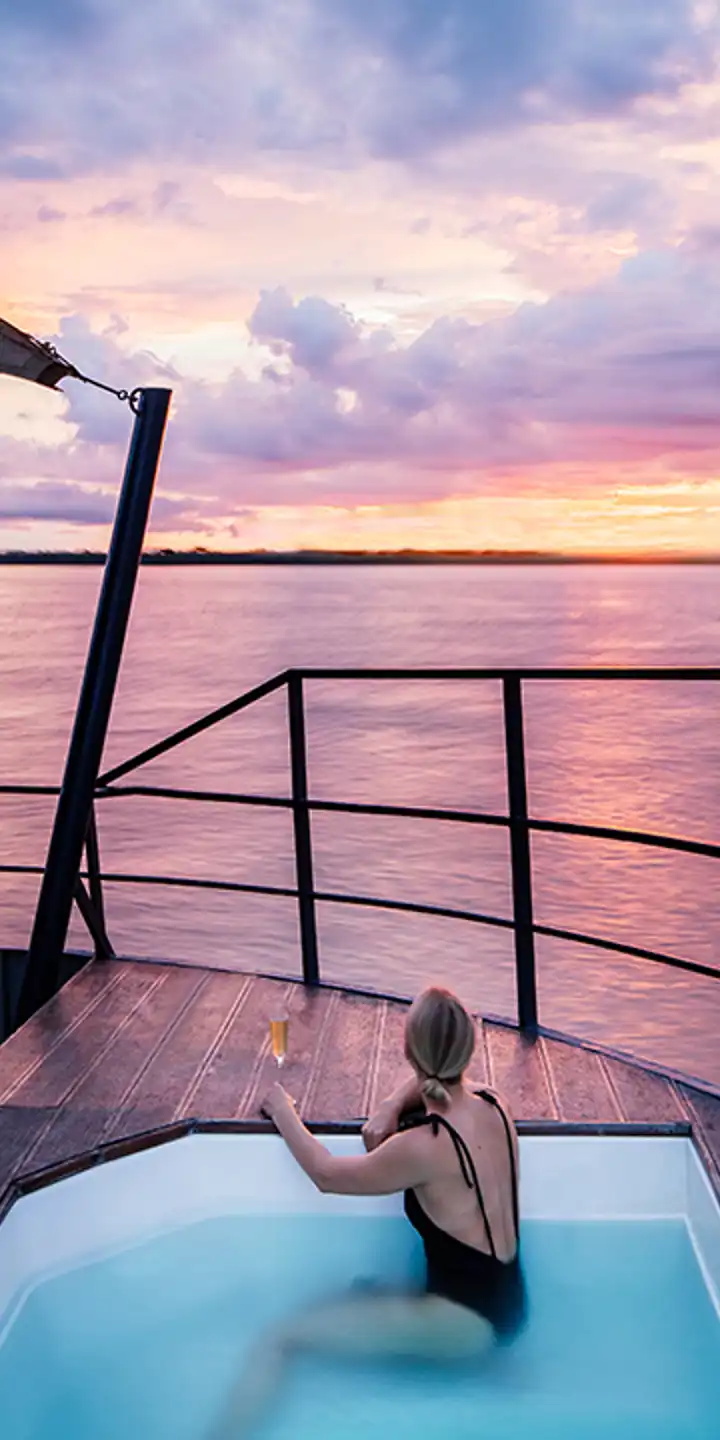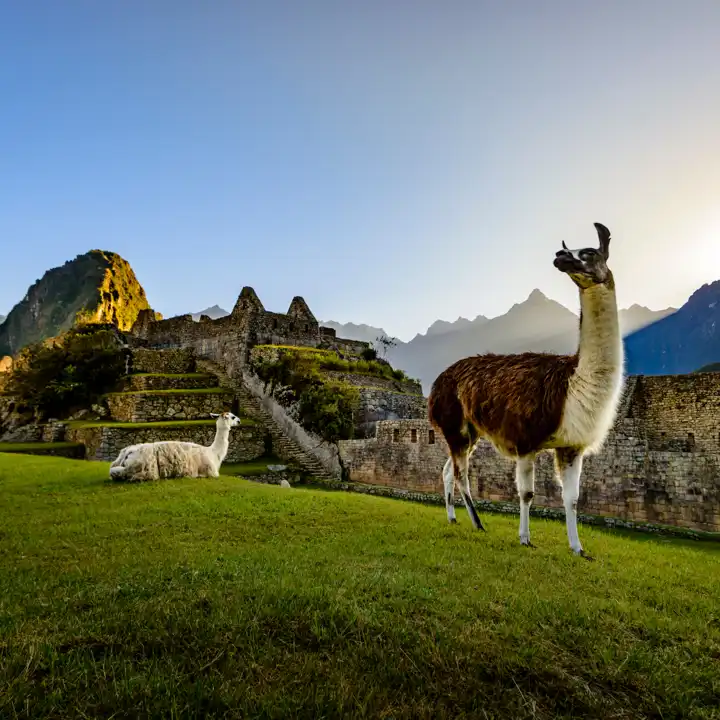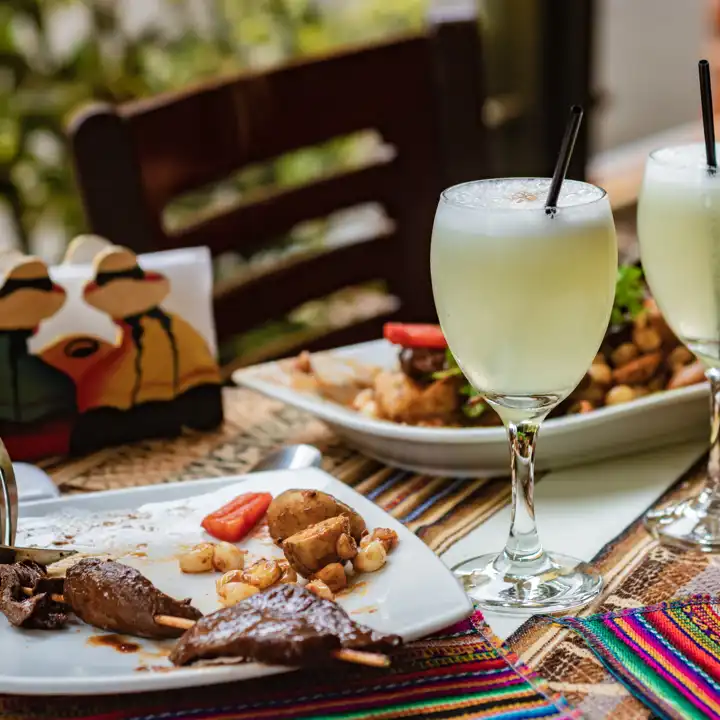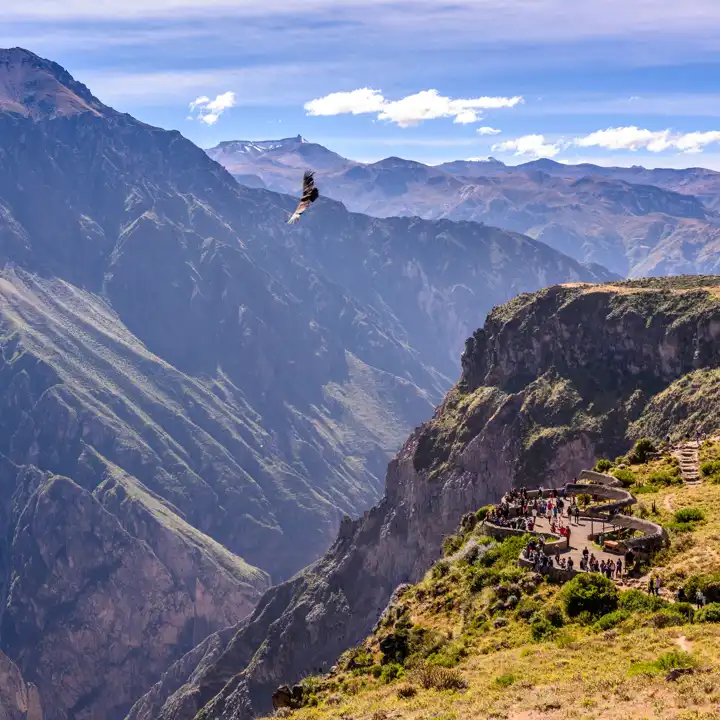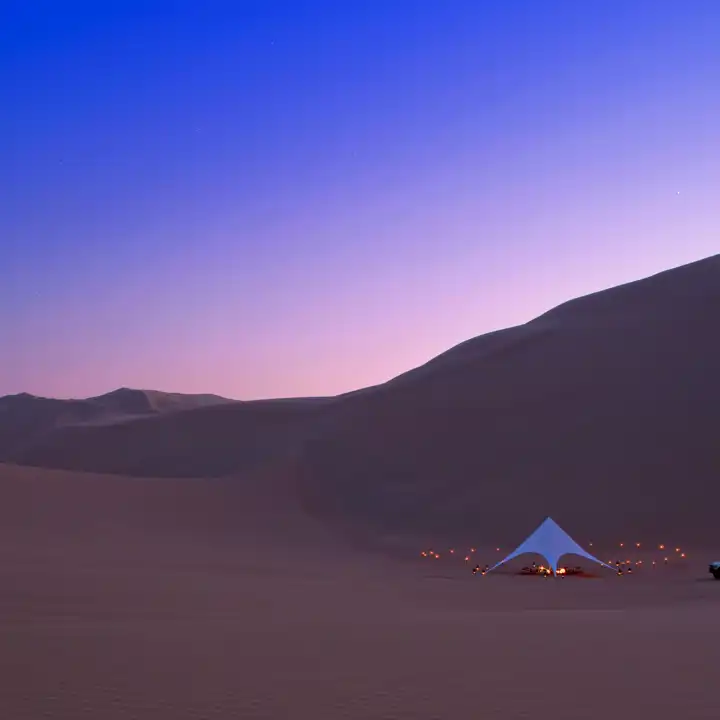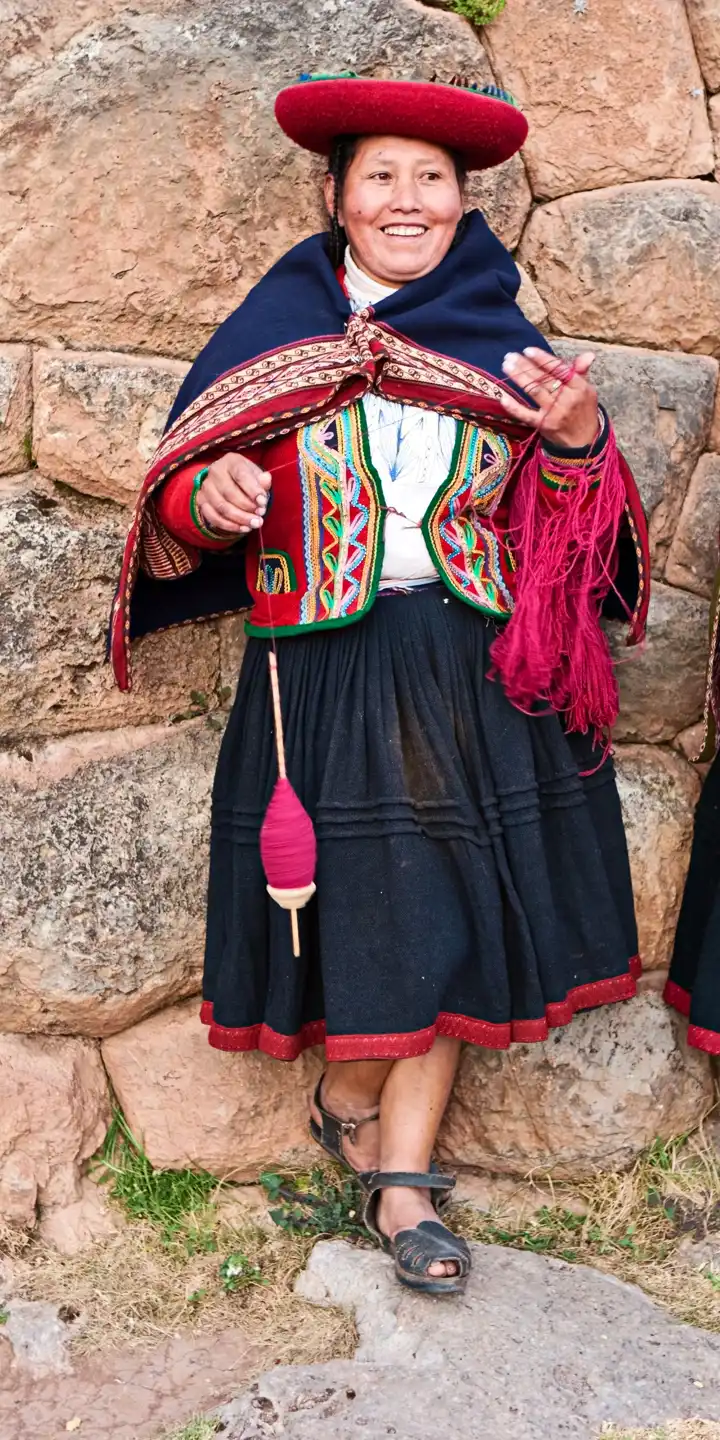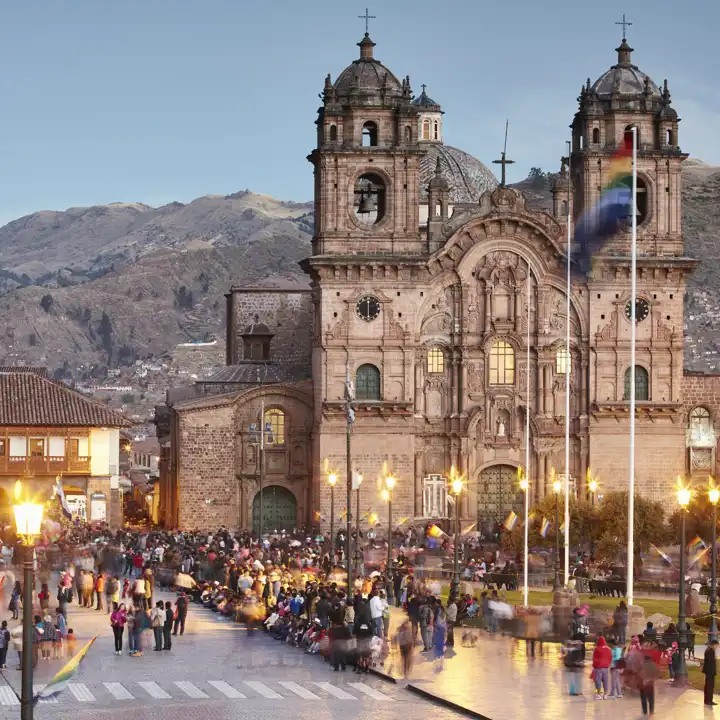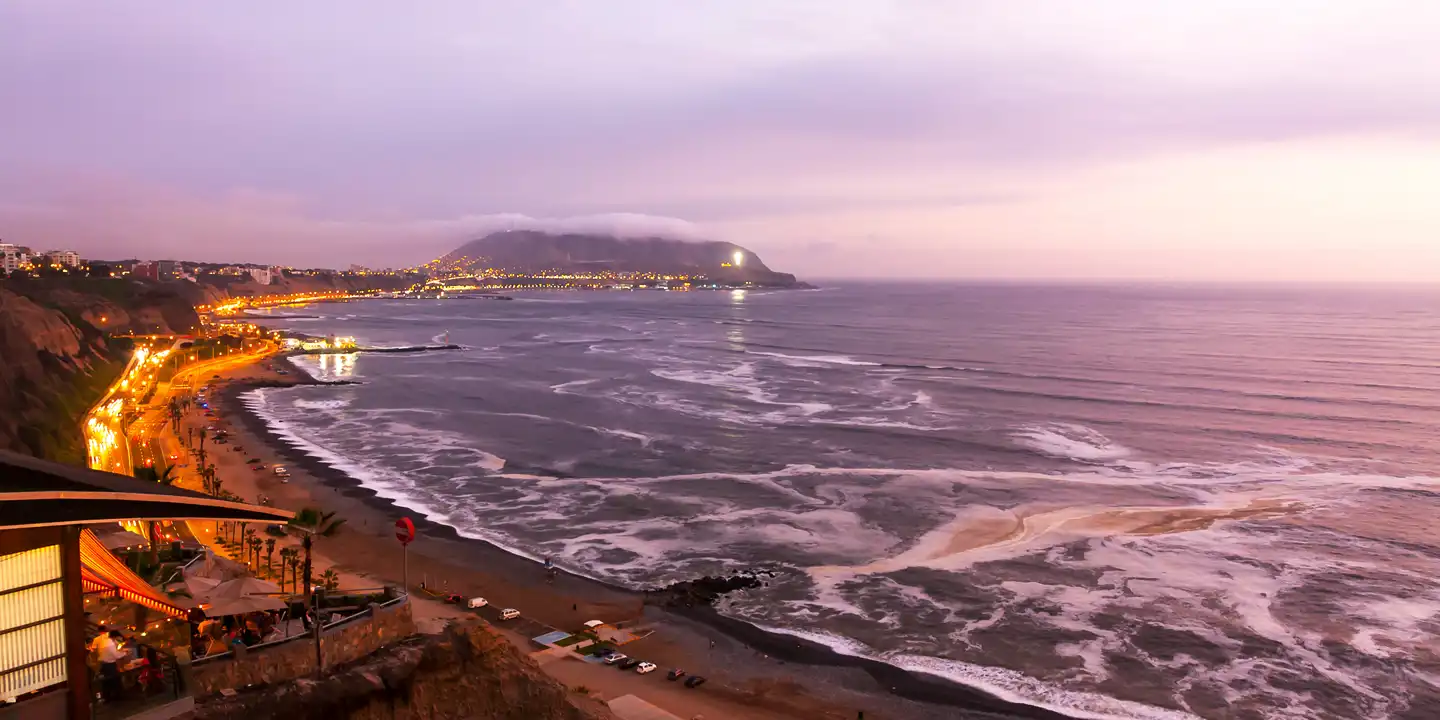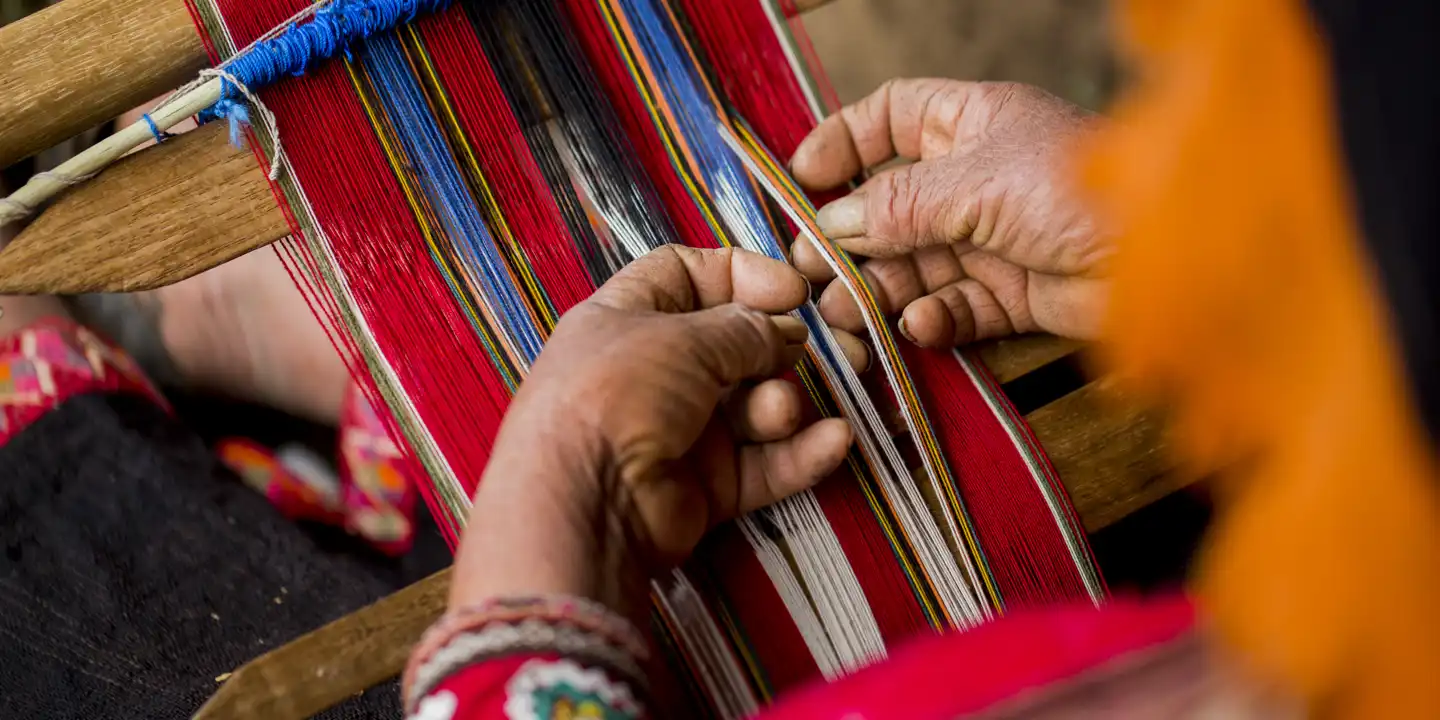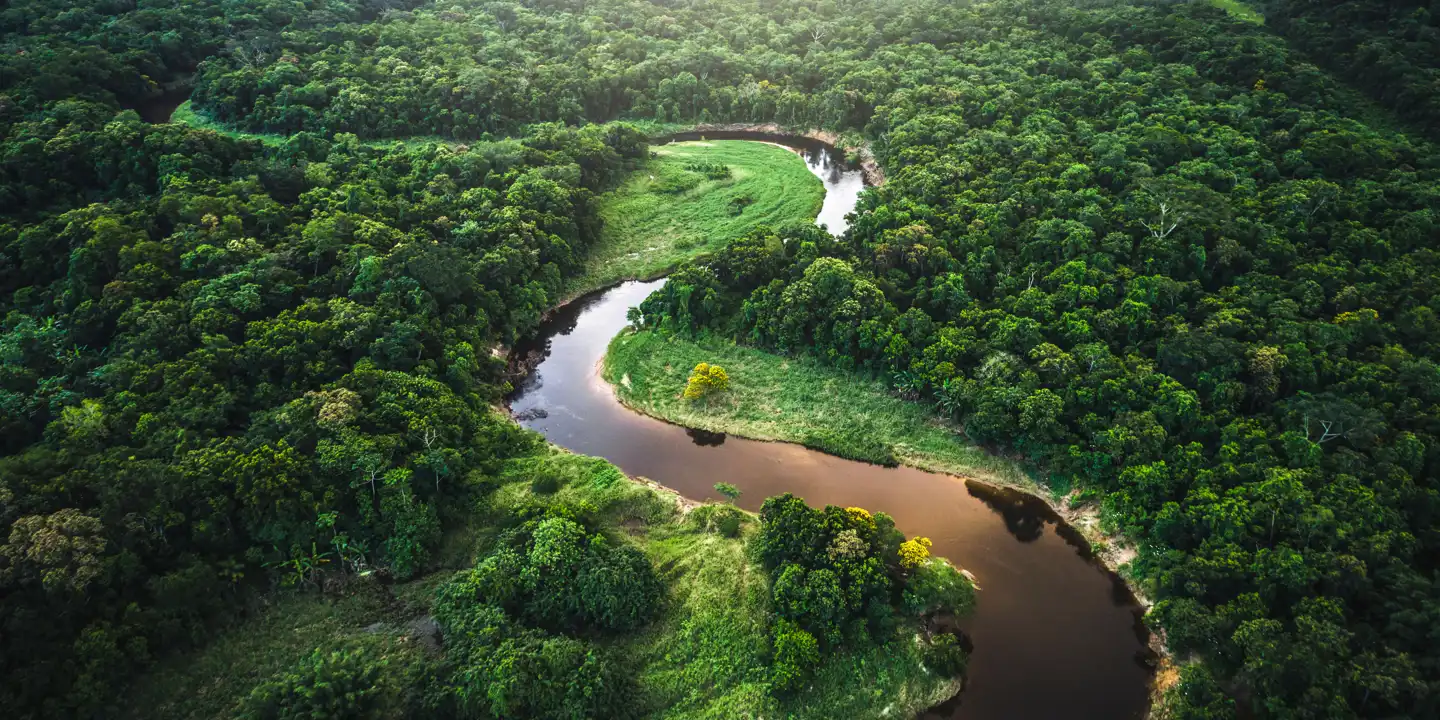Peru
Storied History and Colorful Culture
Peru
Luxury Peru travel means more than just five-star hotels. It reaches into the country’s storied history and colorful culture to extract the most out of this diverse and decadent country. Here, luxury equals intimacy. Think quiet moments amid ancient citadels, VIP restaurant reservations in Lima, and remote Mother Earth spiritual ceremonies. From the incredible cuisine found in the world’s top restaurants to the perfected luxury of international hotel brands… Peru has it all.
Country Highlights
Peru boasts a wealth of charms to include in any Peru vacation package. Cities such as Cusco and Lima allow you to shop and savor the many amenities found here. Additionally, the Sacred Valley, Machu Picchu, and the Amazon introduce you to a world of mystery and enchantment. Then there is further afield. Discover the tranquility of Lake Titicaca and observe the immense wingspan of the extraordinary Andean condor in the Colca Canyon. In the north, the beaches of Mancora offer surfing and seaside relaxation. Meanwhile, the Nazca lines and the sands of Paracas offer mystery and intrigue to those who view them from above.
Exclusive Experiences
As always, Ker & Downey offers you luxury Peru travel in all its glory. From magnificent train journeys high into the Andes to visit Machu Picchu to fabulous and exclusive small luxury vessel journeys deep into the Amazon…meet the River People and discover parts of the world where few have ever tread. Indeed, exclusivity runs deep in this storied destination.
Luxury Peru Travel with Ker & Downey
Ker & Downey’s luxury Peru vacation packages will enchant you and leave you with incredible memories. Moreover, add a Peru journey to another South American itinerary from Ker & Downey or visit it as a standalone option. South America is within easy reach of the United States and our itineraries offer fabulous options for great value. Contact a Ker & Downey designer to customize your own luxury Peru travel experience, and read more about the seasonality and pricing in South America.
Sample Journeys
Preferred Properties
